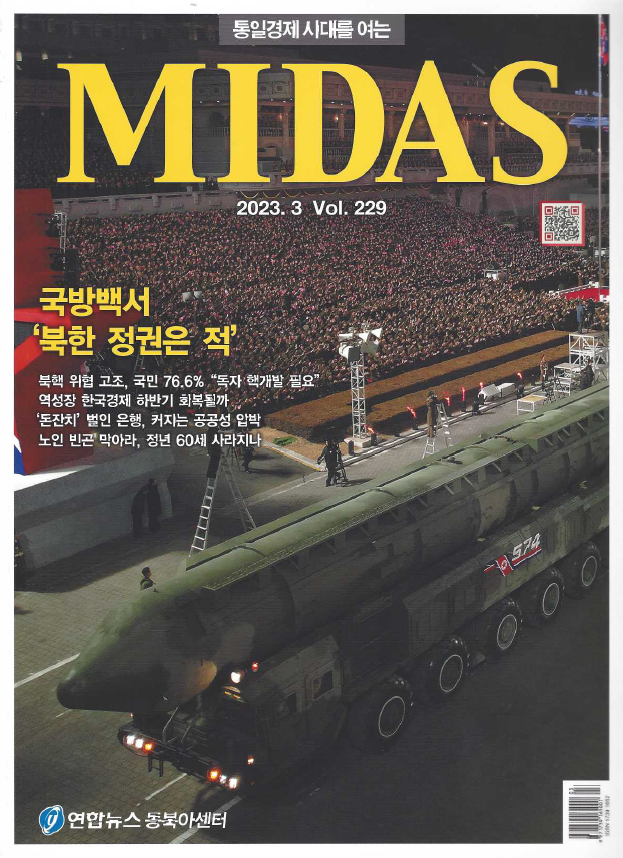Publication
Publications in March

In February this year, the Standing Committee of the Supreme People’s Assembly passed the “Act for Gifted Children”. While details of this new legislation are not yet known, the enactment of this act confirms the elevated significance science and technology hold for the country’s economic development.
This act is yet another addition to the efforts the regime has taken to promote education ever since Kim Jong-un rose to power. Other initiatives include the order for the construction of a large, new science center in the middle of Pyongyang, comparable in size to the National Science Museum in Gyeonggi Province, South Korea. The new museum will feature exhibits related to agriculture, military technology, and the sciences, among others. Moreover, the National History Museum in Pyongyang has been updated, and the period of school education has been extended to a total of 12 years. This marks a departure from policies during the reign of his predecessor Kim Jong-il where there has been a greater emphasis on agriculture, rather than on science and technology.
The new approach however is not free of shortcomings. The main obstacle North Korea faces in regard to economic development is the lack of innovation. State structures do not provide incentives for innovation because innovators cannot make profits from their inventions. This problem however can only be tackled through the introduction of market principles and subsequently the introduction of competition. Consequently, the potential of these gifted children cannot be fully used as long as the economy remains closed.
For more information, please visit the Midas magazine website (Korean).

Also in February, Dr. Bernhard Seliger visited the border area between North and South Korea of the Han estuary in Gimpo (Siam wetland and Yudo islet area) with Thomas Hahn of Süddeutsche Zeitung, a nationwide, Munich-based German newspaper, to conduct a bird survey. They talked extensively about nature conservation in North and South Korea and how habitats and species (especially birds) are connected across the border, which is so impenetrable for humans. At the end of March, Thomas Hahn then recounted the experience of the joint excursion in an article entitled “Why frogs like dictatorships".
